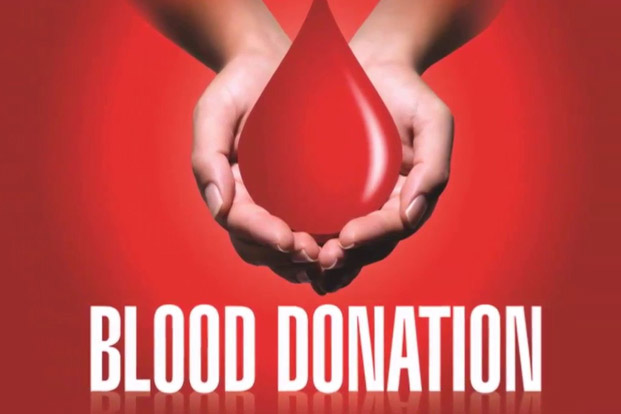Know all about Blood Donation
Apr 19, 2022
Blood Donation is a noble gesture and in numerous cases the need of the hour. A number of patients die due to unavailability of blood at the time of need. Blood is hence a valuable component that can save the lives of numerous people. It is however essential to be informed about the rights and responsibilities associated with blood donation. Knowledge about the blood donation practice is important for the doctor and the hospitals collecting and sorting the blood. The right time of donation, screening tests and what to do post donation is important. Donors should also talk to their doctor about any apprehensions that they have before donating blood. It is a safe and simple procedure that causes no pain and can save a number of lives.
What makes a blood donor eligible for blood donation?
- Any donor, who is healthy, fit and not suffering from any transmittable diseases can donate blood.
- Donor should be 18 -60 years age and having a minimum weight of 50Kg can donate blood.
- Donor’s Hemoglobin level is 12.5% minimum.
- Pulse rate must be between 50 to 100mm without any irregularities.
- Body temperature should be normal and oral temperature should not exceed 37.5 degree Celsius.

What makes you Non-Eligible for Blood Donation?
- Donors should not suffer from any Cardiac arrest, hypertension, kidney alignments, epilepsy or diabetics.
- If donor already donated blood or have been treated for malaria within the last three months.
- If donor undergone any immunization within the past one month.
- If donor consumed alcohol within the last 24 hours.
- If donor had a dental work for next 24 hours and wait for one month if donor had a major dental procedure.
How to prepare yourself for Blood Donation?
- Prepare yourself by having enough fruit juice and water in the night and morning before you donate blood.
- Avoid donating blood in empty stomach. Eat three hours before you donate blood. Avoid fatty foods and don’t consume alcohol or caffeine beverages before donating blood.
- Avoid the donating blood for 6 months if you had any major surgery.
Post Donation Care for Blood Donors:
- Have some rest 5 to 20 minutes after donation. Do not drive after donation of blood.
- Have some snacks and juice with high sugar content which will help to rejuvenate the blood sugar back up.
- Have a good meal with high protein content such as Chicken etc.
- Do not consume Alcohol for 8 hours after donation of blood.
- Avoid going for a heavy body works such as gym, dancing, running etc at least for next one day.
How to relieve yourself while donating blood?
While you are being needled to take blood, relax to the maximum, have a deep breath. There will be little pain or no pain. Try to distract yourself from the process by having a chewing gum. Listen to some music or watch some entertaining TV program.









